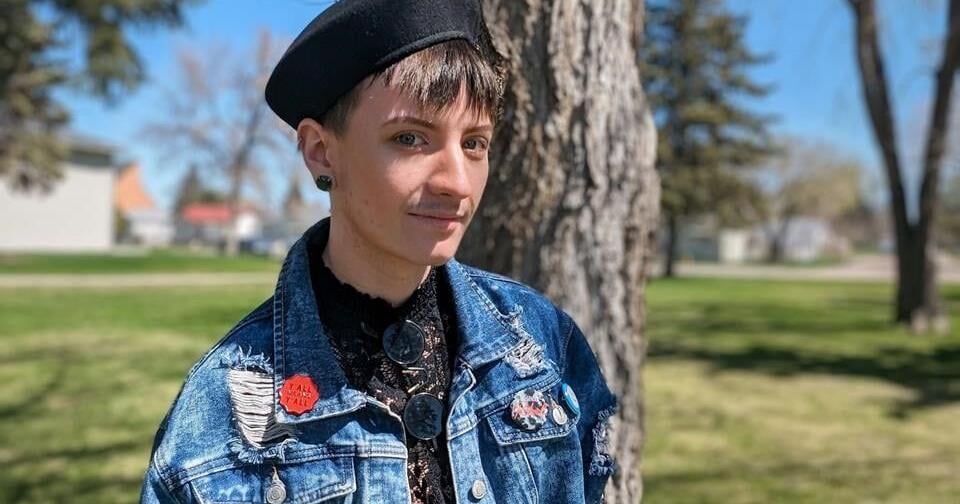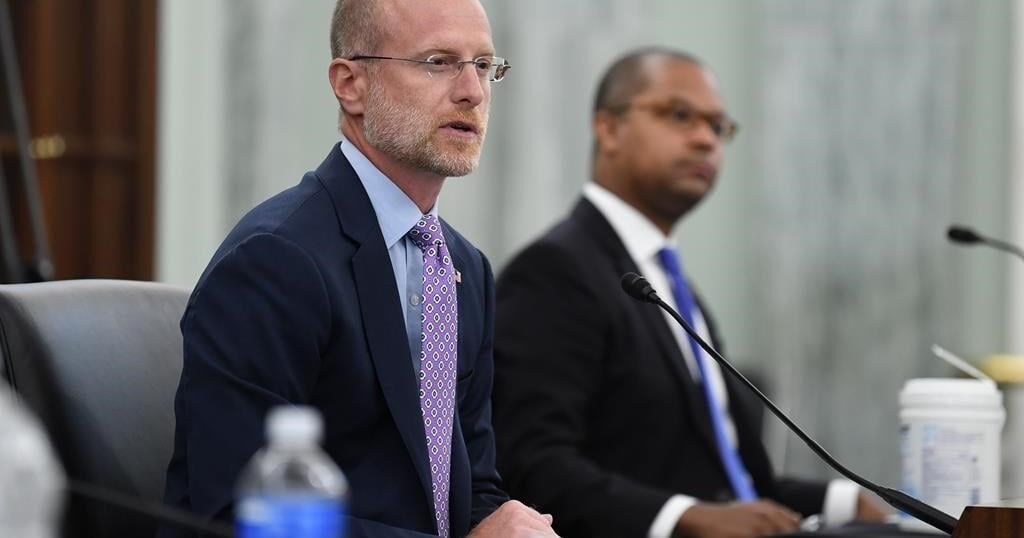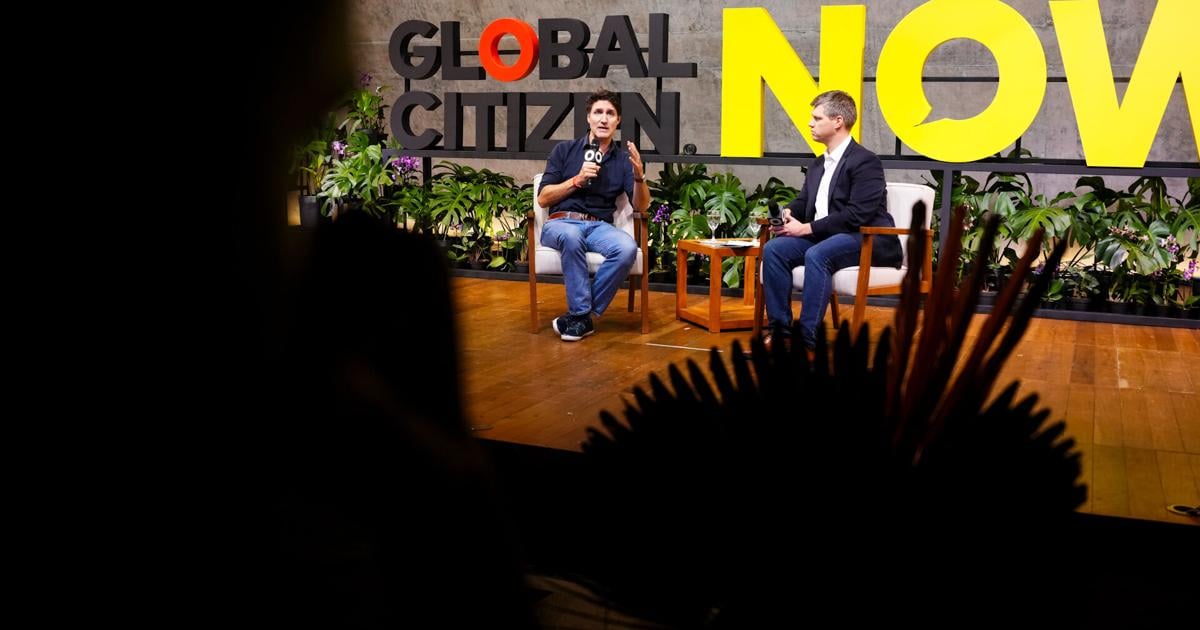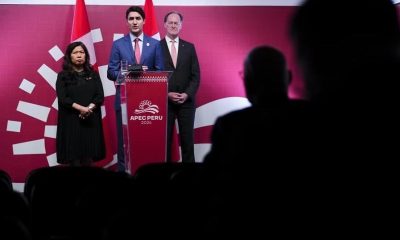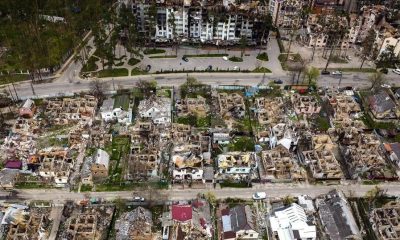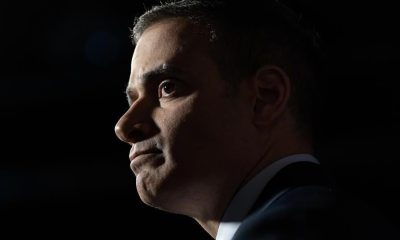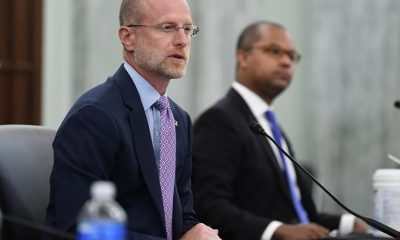Blake Tait says he’s still healing from being outed by his school’s guidance counsellor when he was 14.
Feeling safe at his school in Saskatoon, he started telling people he was transgender. But he felt uneasy when his guidance counsellor set up a meeting for Tait to tell his family.
His parents were supportive. His mom’s ex-husband, whom they lived with at the time, was not, leading to four years of emotional abuse that manifested in alcoholism, drug misuse and a suicide attempt.
“He kicked me out right after I was discharged from the psych ward,” said Tait, 24.
On Thursday, Saskatchewan Party Leader Scott Moe said banning “biological boys” from sharing change rooms with “biological girls” would be his party’s first order of business if it’s re-elected on Oct. 28.
Tait is one of many LGBTQ+ advocates who say the campaign promise is hateful and puts transgender youth at risk.
“If this legislation had existed when I was a kid, I would not have survived high school and that’s the fact of the matter,” he said. “School was my one safe space, the only place where I felt I could be authentic.”
Moe has said the promise for a change room policy came in response to a complaint that two biological males had changed for gym class with girls at a school in southeast Saskatchewan.
NDP Leader Carla Beck accused Moe of stoking fear and division with voters and making vulnerable kids more at risk.
Moe’s promise also comes one year after the Saskatchewan Party government passed a law requiring parental consent for children under 16 to use different names or pronouns at school.
Beck told reporters this week her party would repeal the law if it wins the provincial election, a move Moe said would take away parents’ rights to be involved in their children’s lives and allow teachers to “keep secrets from parents.”
Most kids don’t want to hide from their parents, Tait said, but those who do typically have a reason.
“It is entirely out of safety and safety concerns,” he said. “It’s a rare story, but it’s a story that still happens.
“It’s a harmful narrative to say that kids want to hide from their parents and it’s a harmful narrative to say that schools are keeping things from parents purposefully.”
Heather Kuttai, the mother of a gender-diverse child and a former commissioner with the Saskatchewan Human Rights Commission, said Moe is targeting transgender children to bring in voters because they are an “easy target.”
“He did it before, and he’s just doing it again,” she said. “It’s a direct attack on the rights of trans adults and children.
“When they hear this kind of rhetoric, even just the talking about it, it’s harmful. It sounds hateful and mean, like you’re not valued, like you don’t matter.”
Prince Albert Pride posted on social media that organizers feel “saddened, fearful and frustrated” by the proposed change room directive and that the group was not consulted.
It said transgender youth are being treated as “political pawns.”
“Forcing trans girls to change with teenage boys will not keep anyone safe,” it said.
“It will put trans and two-spirit youth in harm’s way, and at greater risk of assault, sexual assault and bullying.”
Tait said a change room policy is a distraction from real election issues like health care, and it could have a long-lasting impact on gender-diverse youth and their ability to exist “in their most authentic form,” Tait said.
“(We) need queer and trans folks,” said Tait.
“We bring light, we bring joy. And to me, it feels like we have a government that is trying to erase us.”
This report by The Canadian Press was first published Oct. 19, 2024.

